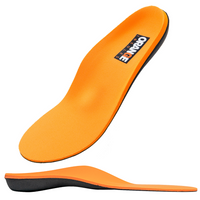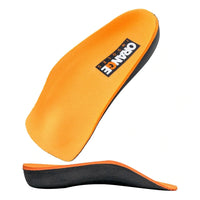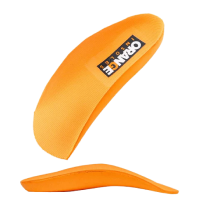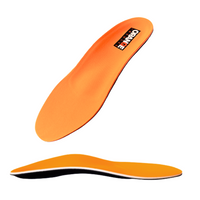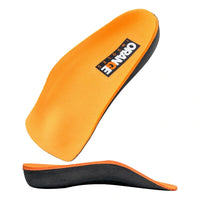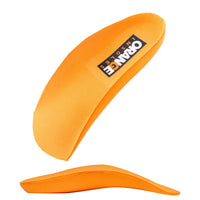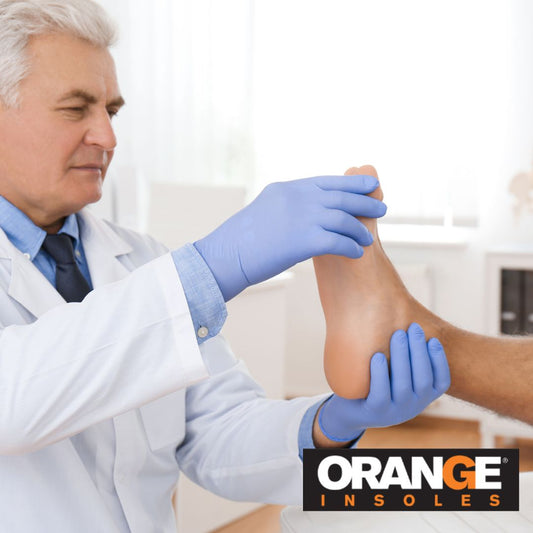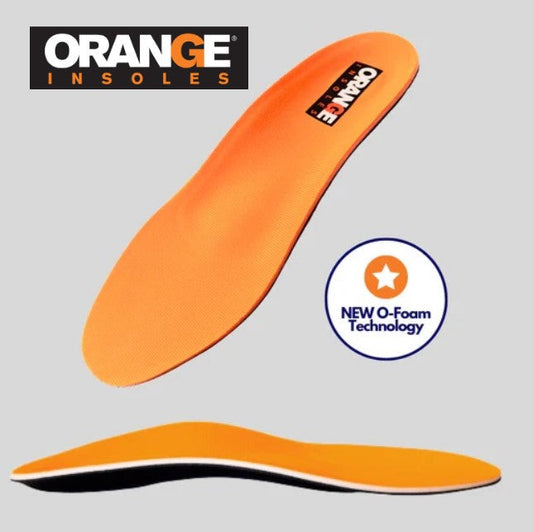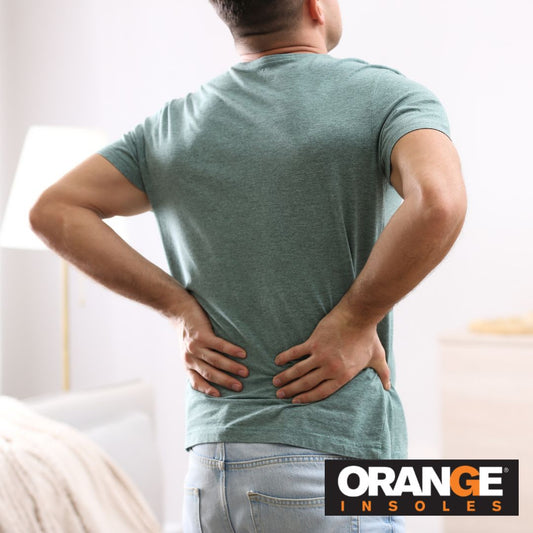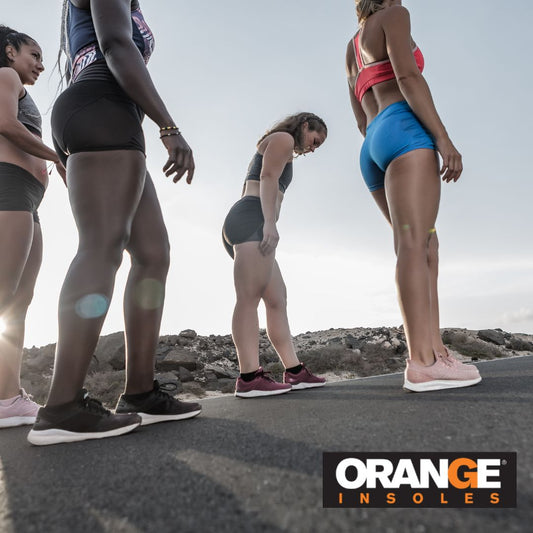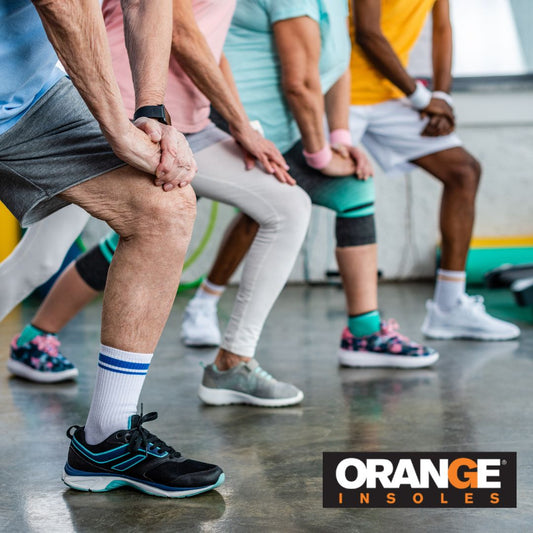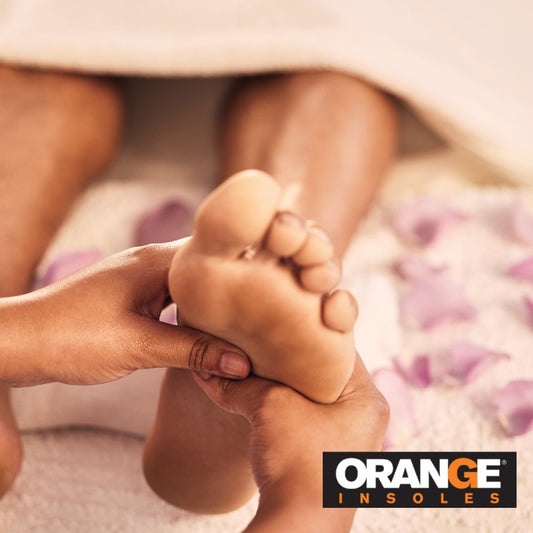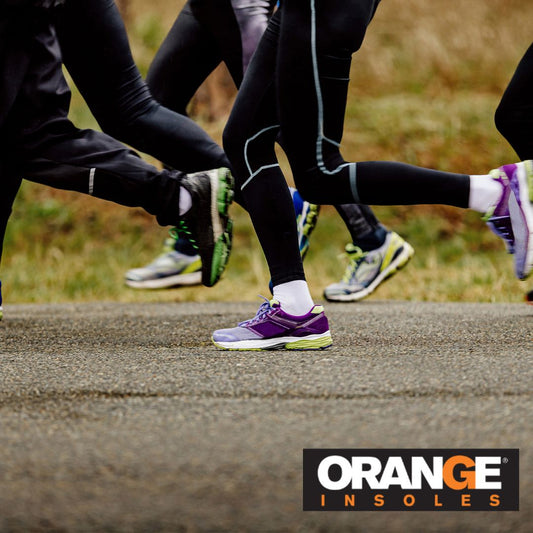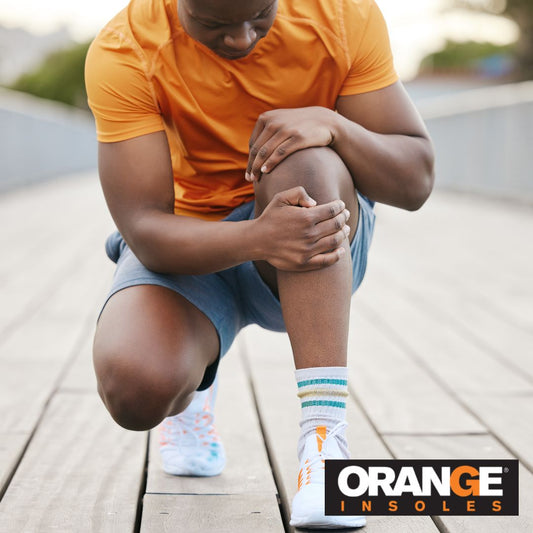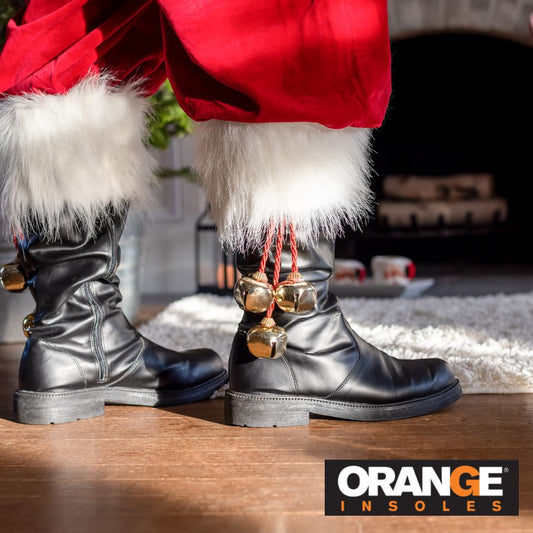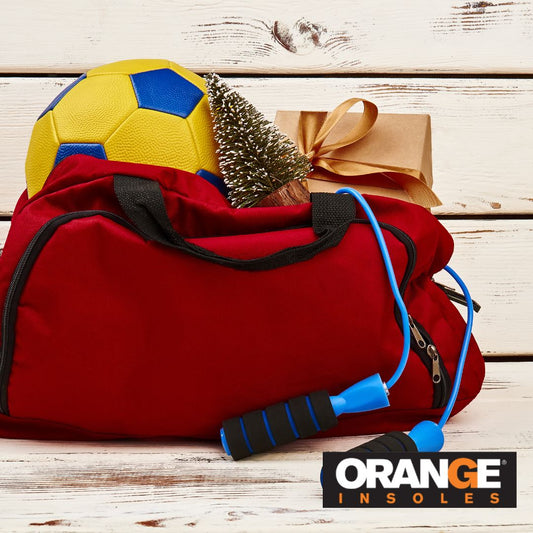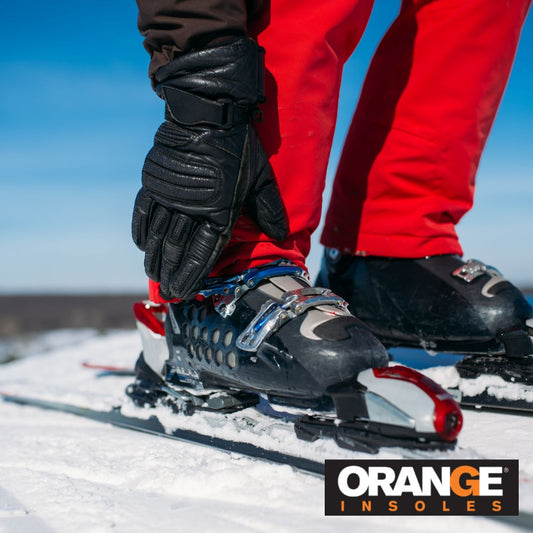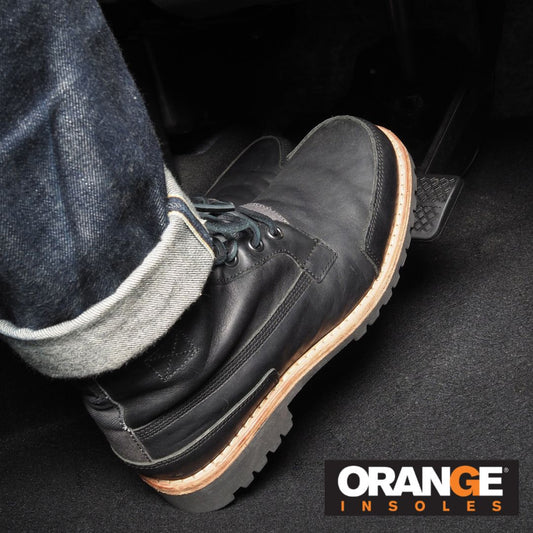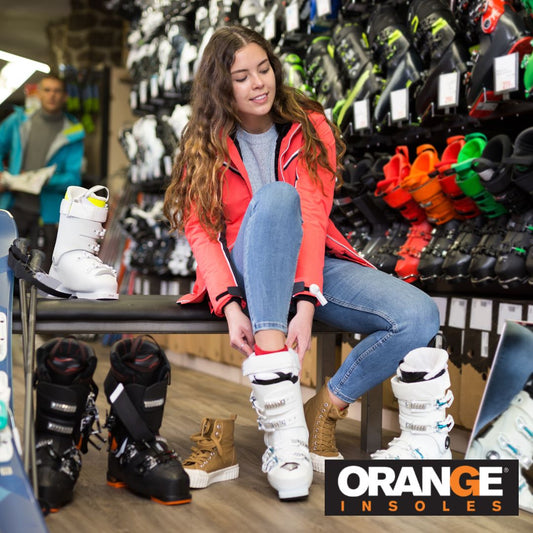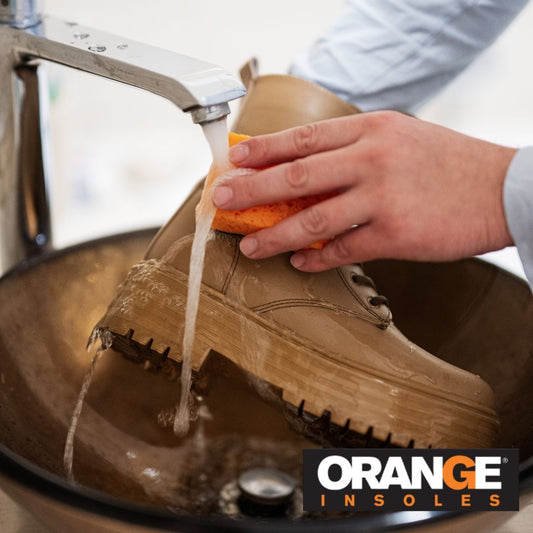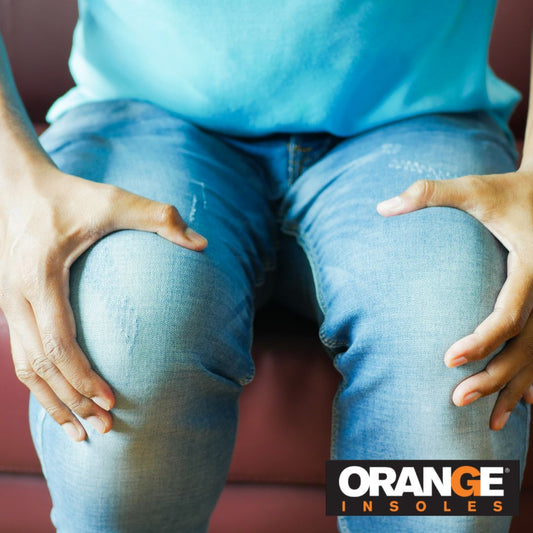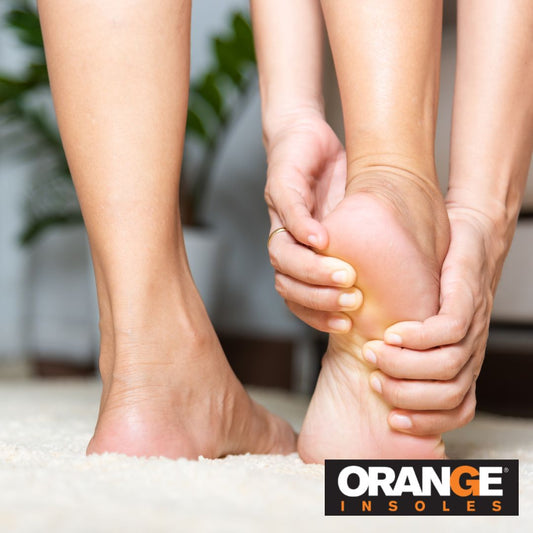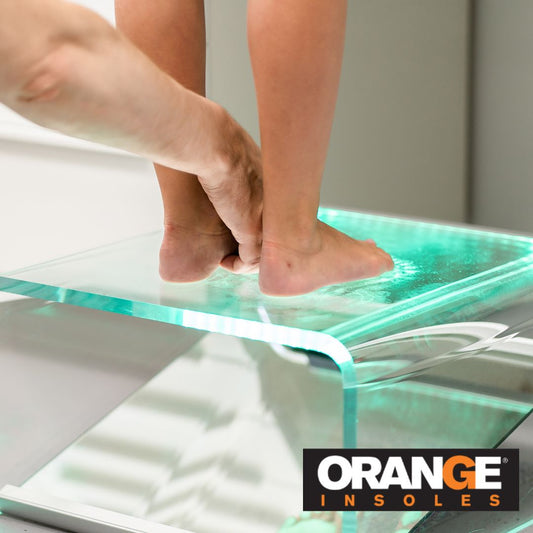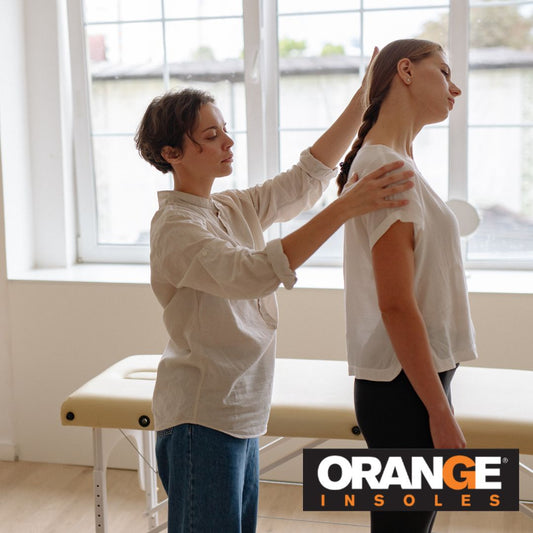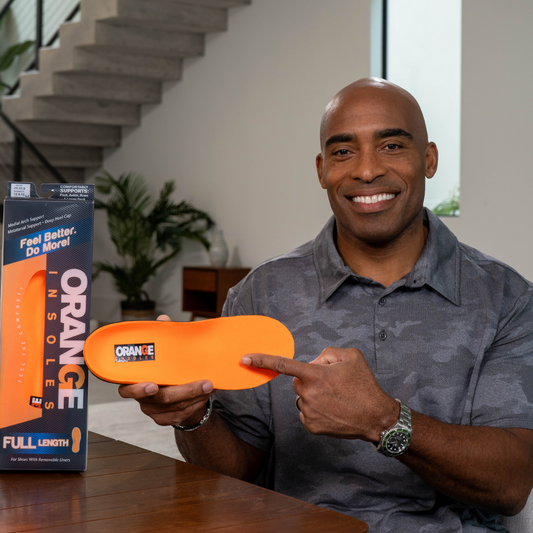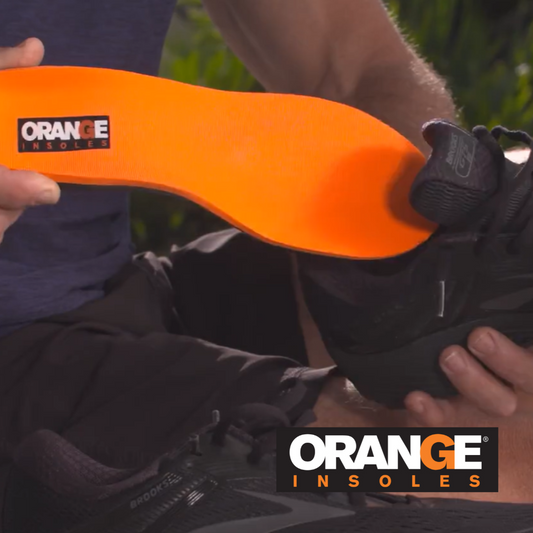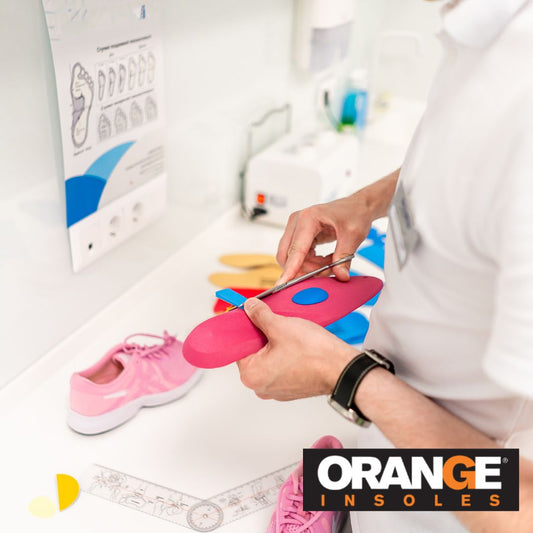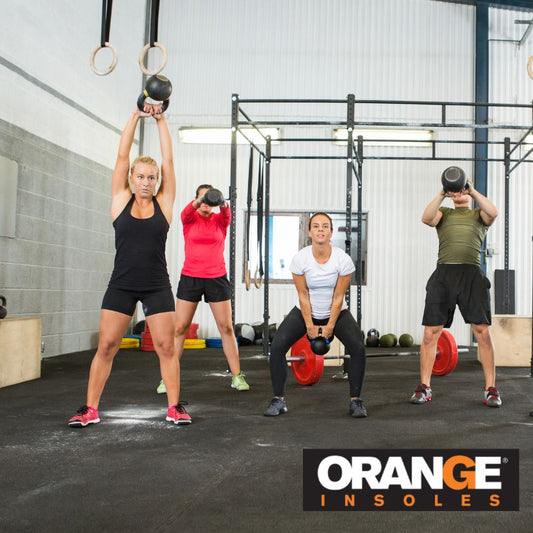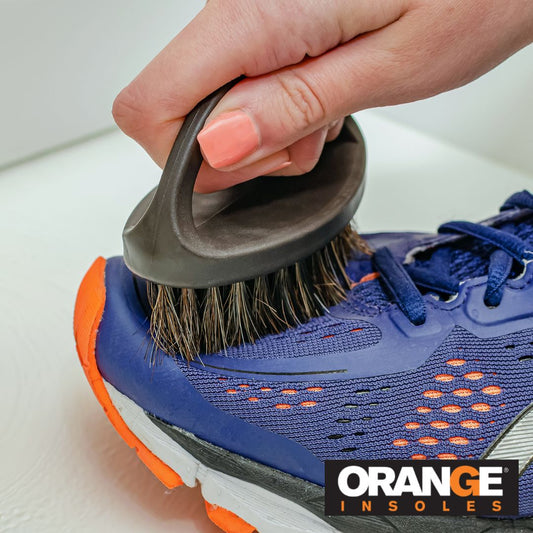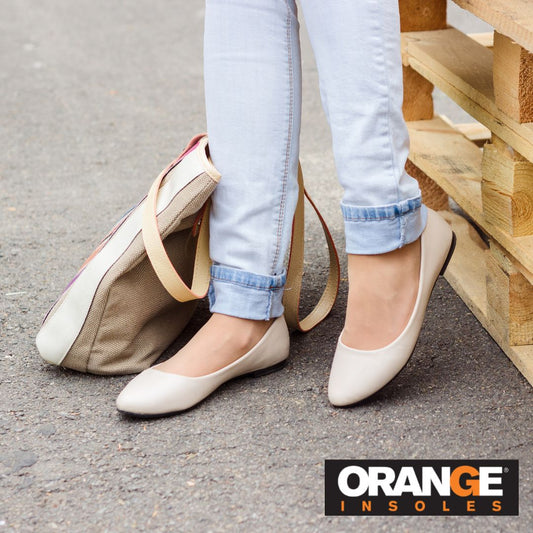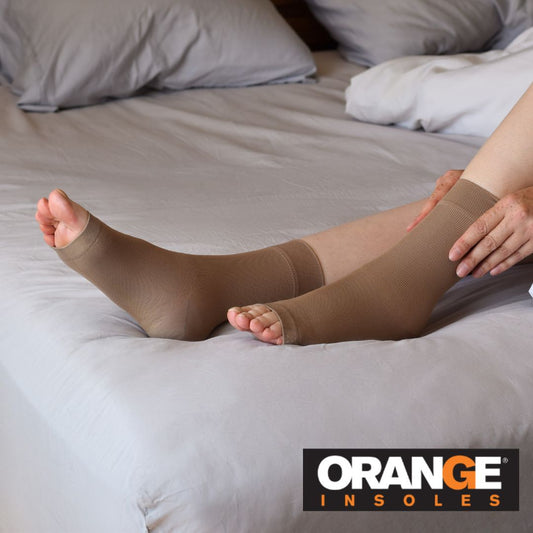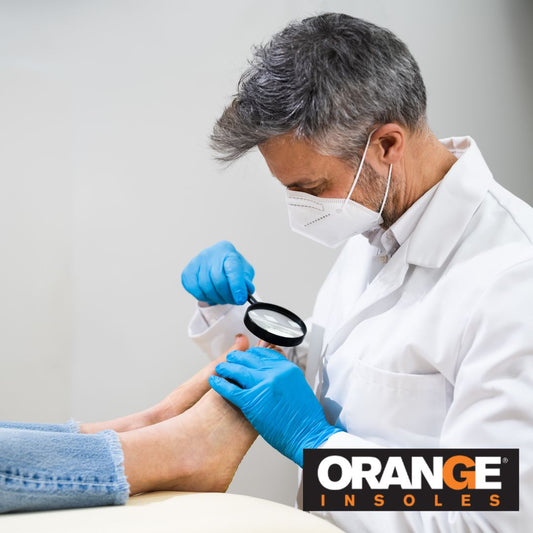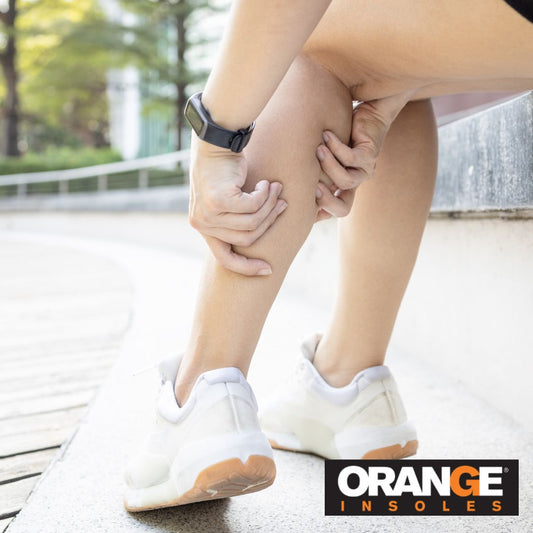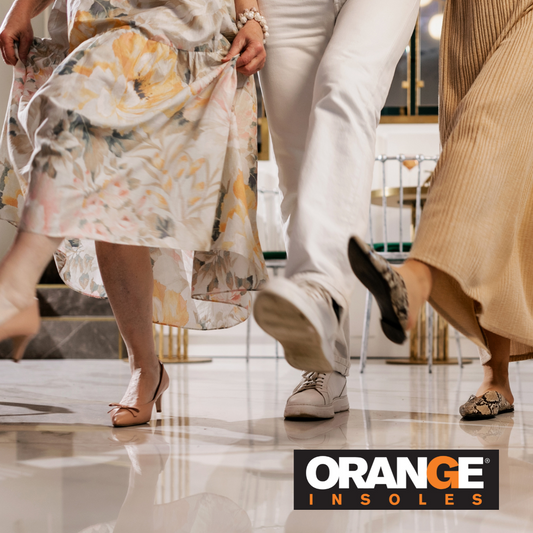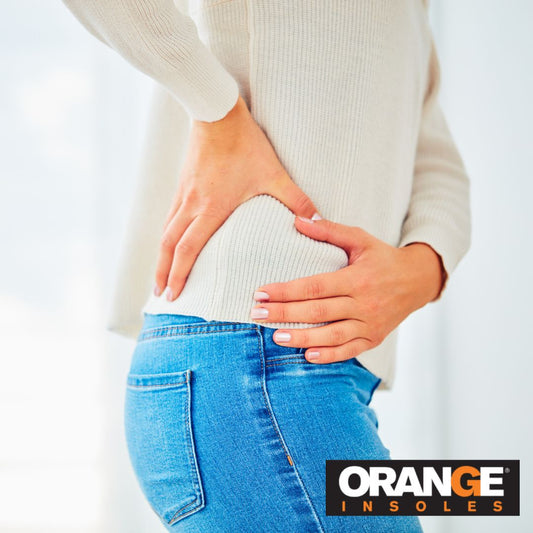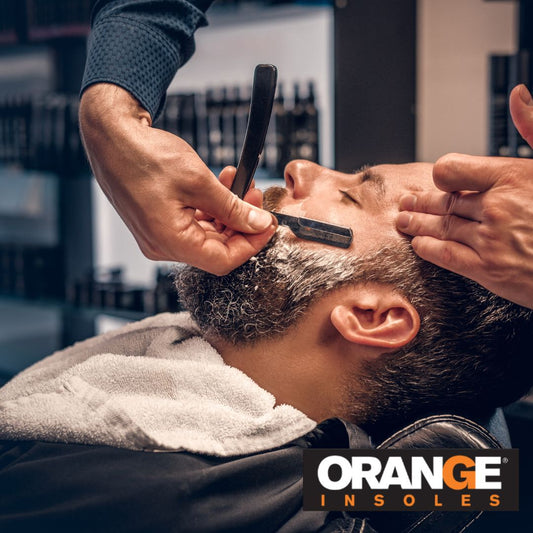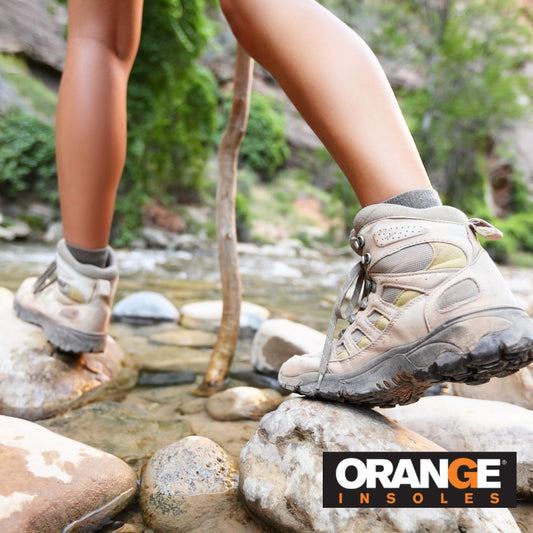When a woman is pregnant, her body goes through a lot of changes. One big change is that she might gain weight as the baby grows. This extra weight adds more pressure on her feet and can make her tired and uncomfortable. Imagine if you had to carry a heavy backpack all day—it would make your feet feel sore, right?
That's why it's really important for pregnant women to have good shoes with strong support for their feet. Just like comfy pillows cushion your head while you sleep, supportive shoes or shoe inserts (called insoles) cushion and protect a pregnant woman’s feet. This can help take some of the strain off her feet, making her feel more comfortable while walking, standing, or doing her daily activities. Plus, when her feet feel better, it's easier for her to move around and stay active, which is good for her and the baby's health.
Understanding Foot Changes During Pregnancy
During pregnancy, the hormone relaxin loosens ligaments throughout the body, not just the pelvis. This affects the feet by making ligaments more flexible, particularly those supporting the foot arches. This flexibility can lead to overpronation, where feet roll inward excessively while walking, putting strain on foot muscles and tendons. This condition can cause pain in the heels, arches, and can extend discomfort up the legs and back due to altered walking patterns.
Read more: Achilles Tendonitis Caused by Overpronation
To address these issues, it's crucial for pregnant women to wear shoes with strong arch support and cushioning. Such footwear helps distribute body weight evenly, reducing stress on the feet and joints. Additionally, as feet tend to swell and increase in size during pregnancy, shoes that are adjustable or have room to expand, like those with laces or Velcro straps, can provide continued comfort and adapt to changing foot dimensions. Aside from just supportive shoes, insoles can provide that necessary arch support.
The Role of Insoles in Pregnancy
Insoles enhance the foot support provided by shoes. They help distribute weight evenly, minimize pressure points, and stabilize the feet, which can relieve pain and reduce the risk of issues like overpronation. Insoles also improve the fit and effectiveness of pregnancy-appropriate footwear.
Choosing the Right Footwear During Pregnancy
- Supportive Footwear: Shoes during pregnancy should offer good arch support, have a firm yet cushioned sole, and provide adequate room for swelling. Avoid high heels; instead, opt for low, stable heels or flats.
- Adjustable Shoes: Shoes with adjustable straps or laces can accommodate changing foot sizes and help manage swelling effectively.
- Non-Slip Soles: Opt for shoes with good traction to reduce the risk of slips and falls, which can be more common due to changes in balance during pregnancy.
Insoles for Pregnant Women
- OrangeFull insoles: Support the arch and correct foot alignment, preventing the arch from collapsing under increased weight.
- Insole Material: Made from EVA foam, these provide extra comfort and shock absorption, ideal for prolonged standing or walking. A microfiber material on the Orange Insole also improves odor control and moisture reduction.
How to Choose the Right Insoles and Shoes During Pregnancy
Selecting the right insoles and shoes involves understanding the specific needs and changes in your feet:
- Material: Choose breathable materials to keep feet cool and prevent moisture buildup.
- Size and fitting: Ensure shoes and insoles accommodate swelling and provide enough space without being too tight.
- Maintenance: Replace insoles regularly (every 3-6 months) and ensure shoes are in good condition to provide continuous support.
FAQs
- Q1: Are special shoes and insoles necessary during pregnancy?
- While not mandatory, they are highly beneficial for comfort and preventing foot and joint pain due to increased weight and balance changes.
- Q2: Can the right shoes and insoles reduce back pain during pregnancy?
- Properly fitted shoes and supportive insoles can improve posture and alignment, potentially reducing back pain.
- Q3: What are the risks of wearing the wrong type of shoes during pregnancy?
- Wearing unsuitable shoes can exacerbate foot pain, cause balance issues, and increase the risk of falls.
- Q4: How do I know when to replace my insoles or shoes during pregnancy?
- Replace insoles if they show signs of wear or no longer provide sufficient support. Shoes should be replaced if they become uncomfortable or tight due to swelling.
Common Misconceptions About Footwear and Pregnancy
- Misconception 1: "Any comfortable shoe is good enough for pregnancy."
- Not all comfortable shoes provide the necessary support and safety features needed during pregnancy. Pain tolerance varies among women. Even if you don’t feel the discomfort, it is possible you’re not getting enough support down there.
- Misconception 2: "Insoles are unnecessary if I just buy good shoes."
- Even the best shoes can be enhanced with insoles to cater specifically to pregnancy-related foot changes.
- Misconception 3: "High heels are fine if I'm used to them and have arch support."
- High heels can worsen balance issues and lead to additional strain and discomfort during pregnancy. Try not to put yourself under unnecessary stress and risk
Expert Advice
Podiatrists often recommend that pregnant women consider their footwear as part of their overall health strategy. Consultation with a healthcare provider can ensure that both insoles and shoes are appropriate for your specific needs during pregnancy.
Enhancing Comfort with the Right Choices
Proper footwear and insoles are integral to managing the physical demands of pregnancy on your feet. By choosing the right shoes and insoles, pregnant women can significantly improve their comfort and reduce the risk of foot-related complications.
